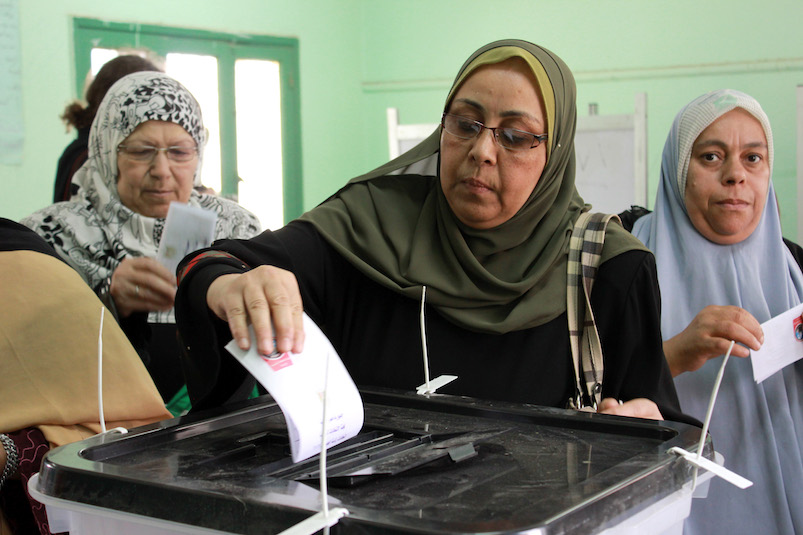
Senate elections commenced Monday morning in Egypt’s Aswan Governorate, marking the start of a two-day democratic process conducted under heightened logistical coordination and transparency commitments.
With more than 1.1 million registered voters eligible to participate, the polls are being held across 190 subcommittees within 189 polling stations, backed by eight general committees.
Voters are choosing among eight candidates vying for a single individual seat allocated to the governorate, alongside one candidate on the national party list.
Governor Major General Dr. Ismail Kamal led preparations through field inspections at several schools designated as polling stations. Emphasising the apolitical stance of executive authorities, he stated: “The role of executive bodies is limited to providing logistical support and technical and administrative preparations, without interfering in the electoral process.”
He reiterated the importance of remaining equidistant from all candidates and upholding principles of neutrality and transparency.
Ahead of voting, the governor chaired a coordination meeting via video conference from the National Emergency and Public Safety Network’s control centre.
The meeting included key provincial leaders, the security directorate, judiciary representatives, and local administrative units to ensure ballot box security and effective emergency response mechanisms at polling stations.
Organisers undertook significant logistical steps to support voter participation, especially in rural and mountainous regions.
Measures included backup electricity generators, increased medical preparedness at hospitals, and enhanced accessibility at polling stations. Facilities now feature shaded seating, wheelchairs for people with disabilities and the elderly, directional signage, fans, and drinking water stations.
Transportation was also addressed, with buses and microbuses deployed to ferry voters from remote areas in coordination with local units and civil society groups.
Governor Kamal urged citizens to engage actively in the democratic process, highlighting the role of the National Council for Women, civil society organisations, and community leaders in voter awareness efforts.
He concluded by expressing confidence in the positive image the elections would project, calling it a celebration of democracy in Aswan.



